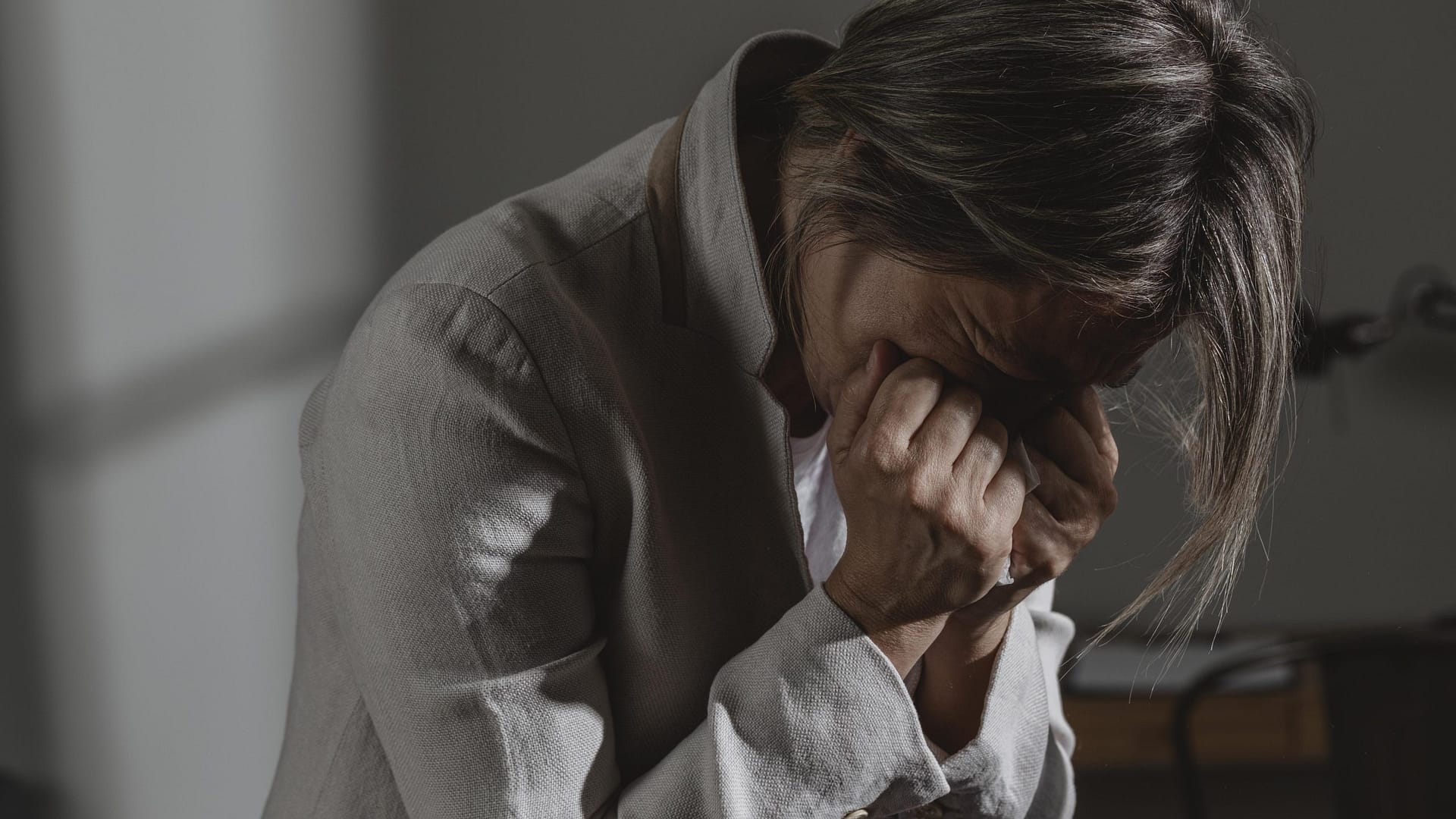Ever feel cornered in a cell where your thoughts are always humming and stirring you to do the exact same things repeatedly just for respite? If yes, then it is quite possible that you have Obsessive-Compulsive Disorder (OCD). However, what if alcohol is used to suppress these intrusive thoughts? This is very common, only making everything worse.
The blog looks at the surprising link between OCD and drinking, delving into why sufferers indulge in alcoholic behaviors and how it worsens their situations. Also, we will examine various therapeutic alternatives that cure both situations effectively for permanent mental healthiness.
Why People with OCD Use Alcohol
Temporary Anxiety Reduction and Intrusive Thoughts:
- A lot of people with OCD have thoughts that are disturbing and they do not want to be there.
- In certain cases, alcohol has been considered as a means of escaping the overpowering anxiety or uncertainties caused by these thoughts.
- Perhaps for some minutes or hours, alcohol can mute this constant inner struggle and compel the obsesses to live in exile away from pain.
Why Do People with OCD Use Alcohol?
Temporary relief from anxiety and intrusive thoughts:
- People suffering from obsessions often have persistent and distressing intrusive thoughts.
- Alcohol is believed to offer a temporary escape from these anxiety-provoking thoughts, but only temporarily.
- For a moment the soothing effect of alcohol might diminish the loud sounds in your mind; giving you room for silence within your mind that has been troubled for a long time.
Lowering inhibitions and feeling less burdened by compulsions:
- Intrusive thoughts are usually accompanied by compulsive behaviors aimed at reducing their anxiety, which characterizes OCD patients’ daily lives.
- Lowered inhibitions through drinking can make one feel free from having to carry out such compulsions, even if for a short duration of time.
- Drinking alcohol also somehow takes away some pressure off the burden exerted by these compulsions despite its accompanying disadvantages.
How Alcohol Worsens OCD Symptoms?
Disrupted brain chemistry leading to increased anxiety (rebound effect):
- Initially, alcohol acts as a depressant so that it calms down what is called the central nervous system.
- When these effects wear off, however, there can be a rebound effect that leads to increased anxiety.
- When this happens, the level of anxiety rises and consequently results in worse OCD as it increases the severity of intrusive thoughts, which then become difficult to manage.
Increased compulsions or development of new compulsions related to drinking:
- Drinking alcohol reduces inhibitions and impairs judgment, leading to more compulsive behaviors.
- Some individuals may acquire new obsessions based on their drinking habits, i.e., wanting to drink at specific times or amounts.
- This cycle promotes more compulsive behavior because the urge for a drink adds more fuel to these acts of compulsion, worsening the damage caused by OCD.
Getting Professional Assistance
Why you need professional help when you have both obsessive-compulsive disorder (OCD) and alcoholism:
- To ensure successful mental health therapy, it is essential to move attention towards dealing with OCD disorders simultaneously with either drug abuse or alcoholism.
- Therapy for any of the two conditions will only result in continued returns to old ways thereby promoting the problem.
- Professional OCD treatment in NYC is available to handle both these problems through structured and scientific interventions that involve therapeutic models.
Different Therapy Options:
CBT (Cognitive Behavioral Therapy):
- Focuses on identifying thought patterns and behaviors.
- Support individuals to understand the connection between their thoughts, feelings, and actions.
- Useful in reducing both OCD symptoms and alcohol misuse by promoting healthier coping mechanisms.
ERP (Exposure and Response Prevention):
A special CBT designed for OCD.
- Involves gradual exposure to anxiety-provoking cues(obsessions) while preventing normal compulsive responses.
- Supports individuals to develop a tolerance for anxiety and learn how to manage it without turning to alcohol or compulsivity;
ACT (Acceptance and Commitment Therapy):
- Concentrate on living a life that is goal-directed even accepting uncertainty, difficult emotions, thoughts, etc.
- Assists people with OCD as well as alcohol misuse by cultivating a mindset that is more flexible and accepting.
- Seeking psychotherapy in New York is a critical step towards recovery. Comprehensive therapy that addresses both OCD and alcohol misuse can significantly improve the quality of life for affected individuals.
FAQs: Alcohol and OCD
Q1. Why do people with OCD use alcohol?
Some individuals with obsessive-compulsive disorder take advantage of alcohol so that they can relax from anxiety as well as intrusive thoughts. It may seem like a quick solution, but it only works temporarily before increasing the severity of OCD signs over time.
Q2. How does alcohol make OCD worse?
Irritates brain chemicals, thus causing increased anxiety right after the effects of alcohol wear off. This can amplify the symptoms associated with obsessive-compulsive disorder, making it harder not to perform certain actions regardless of efforts made by patients when using compulsion-reduction techniques. Furthermore, Alcohol interferes with sleep patterns, creating stressors and subsequently worsening OCD.
Q3. Where can I find help for OCD and alcohol misuse?
Please, look for assistance from mental health counselors. They are the ones who can be able to treat some typical conditions like Obsessive Compulsive Disorder and drug use disorders. These could be therapists or psychiatrists. The concept of substance abuse is also attached to this topic of OCD. Even local community support groups are beneficial in situations like these. They do not only provide empathy but offer substantial help as well.
Conclusion
One thing that makes OCD worse and worse is alcohol, turning it into a deadly loop. In order to maintain good mental health, both of these need attention. With the right therapy and help from mental health counseling services provided by professionals, recovery is possible thus leading to better life situations too. These challenges are easy to overcome hence living happily ever after with a healthy lifestyle.
Discovering an OCD specialist in New York can be an essential step towards managing mental health issues. Gita Sahenhy, who works at GS Mental Health and Wellness in Manhattan, New York, is a psychotherapist who can be contacted directly.






